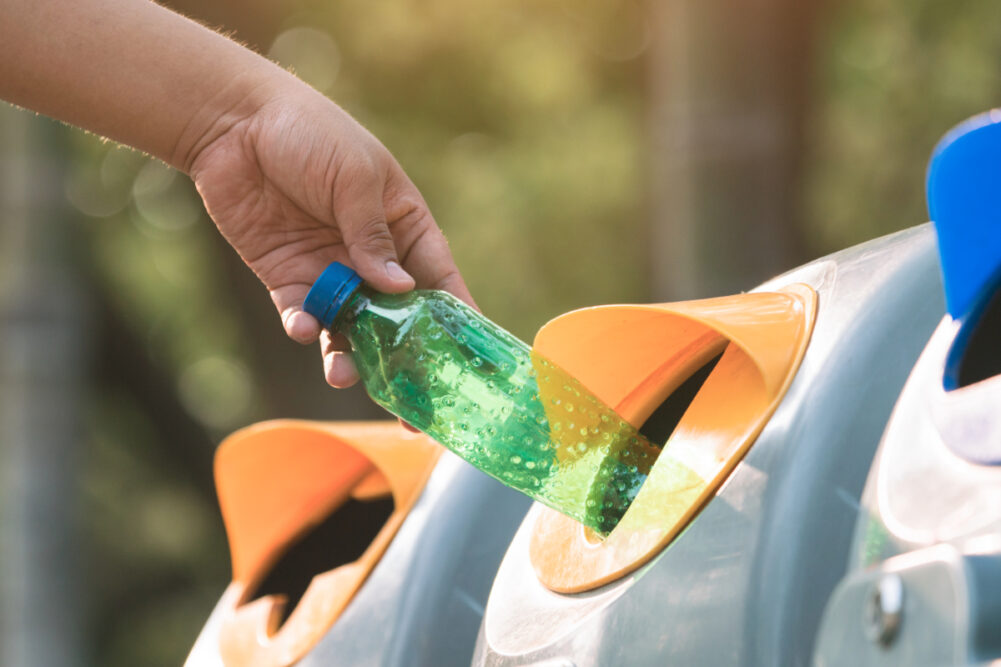 KANSAS CITY — Concern about the impact of single-use plastic on the environment is a global issue that is pushing both governments and private businesses to act. In the past year, the European Union has acted as have several state and municipal authorities in the United States. Now the Chinese government is taking action. Users of single-use plastic, most notably food service operators and food and beverage manufacturers, are on the cusp of significant change.
KANSAS CITY — Concern about the impact of single-use plastic on the environment is a global issue that is pushing both governments and private businesses to act. In the past year, the European Union has acted as have several state and municipal authorities in the United States. Now the Chinese government is taking action. Users of single-use plastic, most notably food service operators and food and beverage manufacturers, are on the cusp of significant change.
The Chinese government intends to ban the use of single-use plastics by 2025. The initiative will roll out in phases with a ban on plastic tableware and straws going into effect at the end of this year. A ban on the use of all non-degradable plastic bags will take effect nationwide by the end of 2022. By 2025, all non-degradable single-use plastics will be banned across the country.
The European Union laid out its strategy for addressing the use of single-use plastics in March 2019. For products like utensils, straws, cups, plates, etc. for which alternatives exist, the deadline is 2021. Under the law, the E.U. will require member states to achieve a 90 per cent collection target for plastic bottles by 2029 and 77 per cent by 2025. The law also requires plastic bottles to contain at least 30 per cent recycled content by 2030 and 25 per cent recycled content by 2025.
With three of the world’s largest economies taking some form of action, the importance of identifying solutions is surging. The food and beverage industry is responding commendably.
The Consumer Brands Association, formerly known as the Grocery Manufacturers Association, has made recycling a key policy issue. The group is lobbying for the development of a national recycling program.
Both Nestle S.A., the world’s largest food manufacturer, and Conagra Brands, Inc. recently made significant commitments. Nestle is investing $2 billion to accelerate the development of sustainable packaging solutions. The company said it will reduce use of virgin plastics by a third by 2025 while partnering with others to advance a circular economy and eliminate plastic waste from oceans, lakes and rivers.
Conagra Brands is aiming to convert the entirety of its plastic packaging into renewable, recyclable or compostable packaging by 2025. The company’s push toward its sustainable packaging target reflects past initiatives such as its Healthy Choice Power Bowl products, made of plant-based materials.
The roster of other food companies, including Unilever, Kellogg and others, as well as suppliers that have made similar commitments is long and promising.
Concern about the impact plastic pollution is having on the environment signals a shift in consumer attitudes. The proliferation of single-use plastics, especially in food and beverage, relates, in part, to increasing consumer demand for convenience, and the burgeoning food delivery industry means the problem will continue to grow if suitable replacement packaging innovations are not identified.
Taste, price and convenience long remain the primary attributes consumers consider when making a purchasing decision. How much convenience they are willing to sacrifice to reduce the use of single-use plastics remains a crucial question that is as yet unanwered. But the actions by governments around the world signal that change is upon the industry.





